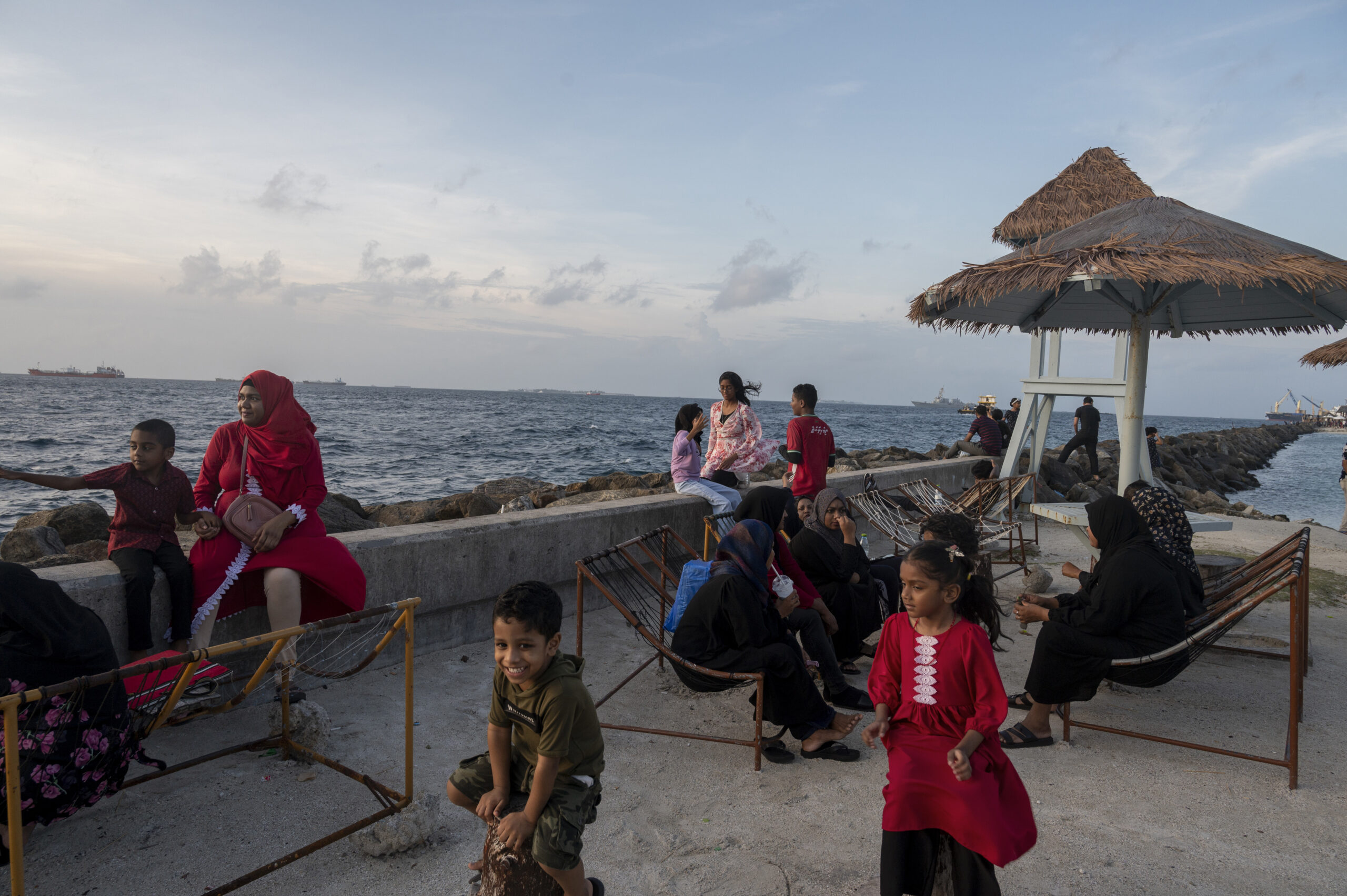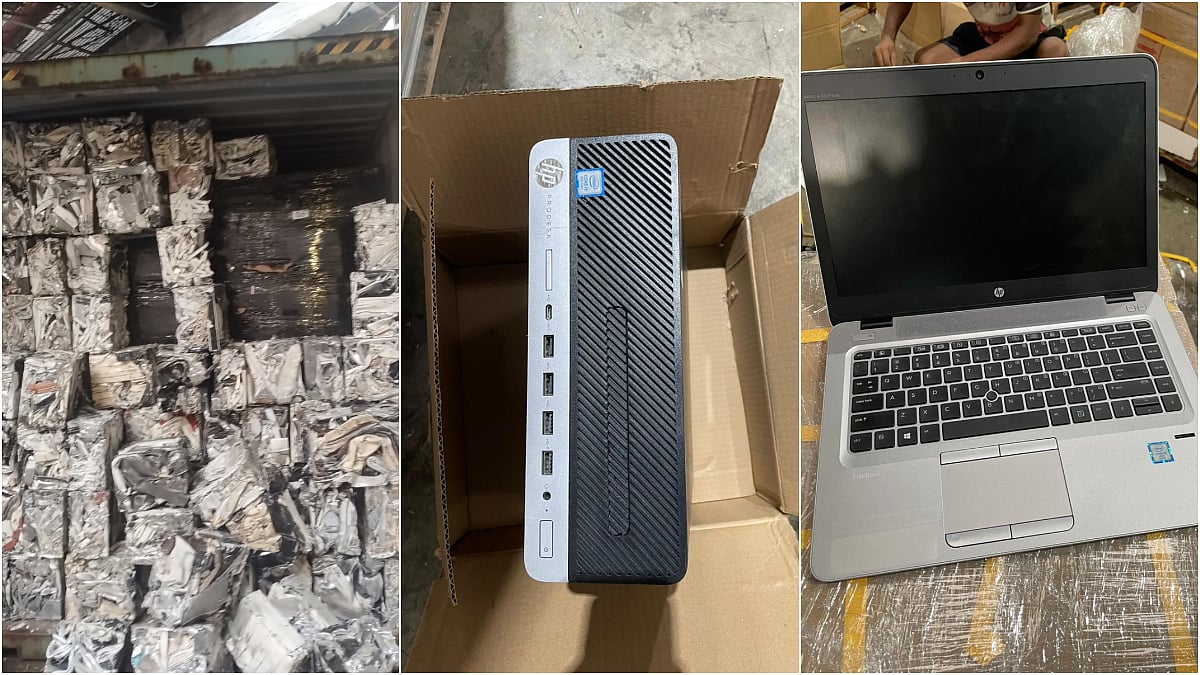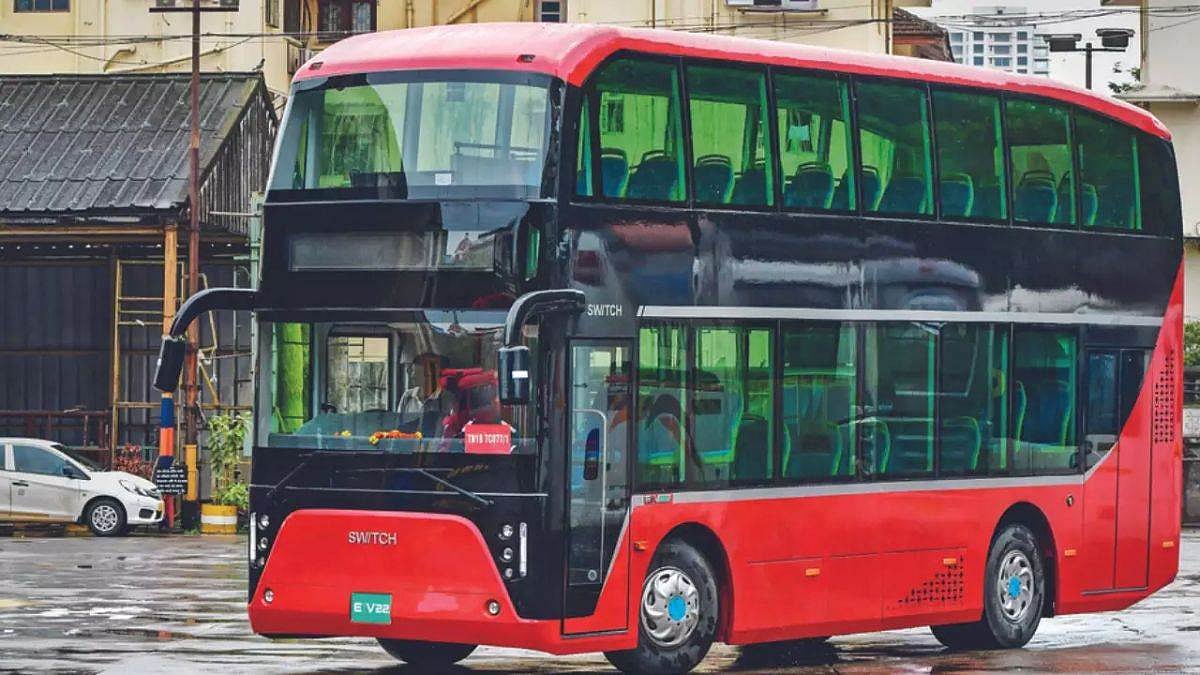**Maldives Becomes First Country to Ban Tobacco Use for Those Born After 2006**
This month, the Maldives made history by barring individuals born after 2006 from smoking or purchasing tobacco products within the country. The archipelago is now the first nation to implement such a generational ban on tobacco use.
According to the Maldives’ Health Ministry, “Individuals born on or after 1 January 2007 are prohibited from purchasing, using, or being sold tobacco products within the Maldives.” This new law, introduced by President Mohamed Muizzu, allows those born in 2006 or earlier to continue smoking, while effectively preventing younger generations from starting the habit.
### Tobacco Use in the Maldives
The move comes as a response to significant tobacco use across the country. In 2022, an estimated 21 percent of the population aged 15 and older smoked cigarettes daily, and over 25 percent used tobacco products daily, according to the World Health Organization’s global report on tobacco prevalence published in October.
The Health Ministry emphasized that the new restrictions aim to protect young people and align with the World Health Organization’s framework for tobacco control. The smoking ban, which took effect immediately, also applies to the hundreds of thousands of tourists who visit the Maldives each month, according to the country’s Tourism Ministry.
### Related Bans and Policies
In addition to this new law, the Maldives has a history of strict tobacco regulations. Last year, the country banned the import, sale, distribution, possession, and use of electronic cigarettes and vaping devices across all age groups, including visitors. Alcohol consumption is also prohibited on the local, non-resort islands of the archipelago.
The government’s recent efforts include imposing higher import duties on cigarettes, which caused the price of a cigarette pack to jump from roughly $7 to $16, according to the local news outlet Maldives Independent.
### Challenges: Black Market and Smuggling
Despite these measures, the combination of bans and heavy taxation has led to an increase in smuggling and the creation of a black market for tobacco products. Reports suggest smugglers are making profits as high as 400 percent, highlighting ongoing enforcement challenges.
### Global Context: Tobacco Phaseouts and Bans
While many countries have explored legislation targeting generational phaseouts of tobacco products, the Maldives remains the first to fully implement such a sweeping ban by birth year.
For example, in New Zealand, former Prime Minister Jacinda Ardern introduced an anti-smoking law in 2023 that would have gradually phased out cigarette sales and licensing. This law aimed to prohibit tobacco use for anyone born on or after January 1, 2009, by 2027. However, it was repealed later that same year by a new government citing concerns that the ban could increase tobacco-related crime.
Similarly, the United Kingdom is currently advancing legislation to prohibit the sale of tobacco, vaping, and similar products to individuals born on or after January 1, 2009. This bill is now under review at the House of Lords’ committee stage.
### Other Tobacco Control Measures Worldwide
Several cities and countries continue experimenting with smoking restrictions in public spaces. Milan, Italy, for instance, introduced a ban this year that prohibits smoking everywhere in the city except in isolated areas where smokers can maintain a distance of at least 33 feet from others.
Most of Europe already bans smoking in indoor public spaces, and last year, the European Union encouraged member states to expand these laws to include outdoor areas. This push is part of a broader effort to achieve a tobacco-free generation in Europe by 2040.
—
The Maldives’ pioneering tobacco ban marks a significant step in global public health efforts aimed at reducing smoking rates and protecting future generations from the harms of tobacco use.
https://newsindiatimes.com/the-maldives-bans-smoking-for-everyone-born-after-2006/




